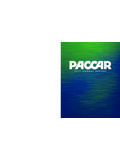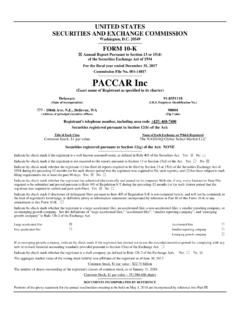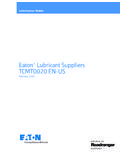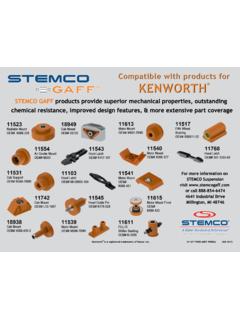Transcription of FPO - gtdev.com
1 Troubleshooting Guide Return Flow Splitter FPO. DESCRIPTION: The Return Flow Splitter was designed to eliminate the crossover line between the fuel tanks in over-the-road vehicles. The splitter is intended to equally divide the returned fuel from the engine into two streams, one of which would be routed to each fuel tank,. The object of dividing the returning fuel is to aid in maintaining equal fuel levels in both fuel tanks. This guide outlines the important points to review if there are concerns about how well the system is functioning. DUAL FUEL TANK/DUAL 1. The two draw lines and the draw tee form a siphoning crossover line DRAW/DUAL RETURN: designed to equalize the levels in the two tanks. 2. A siphon will stop flowing if air gets into it. To keep air out of this crossover siphon, the engine draw line must be connected at the top of the siphon loop so that it will suck air bubbles out and keep the siphon clear. 3. Since the engine draw line must be connected to the highest point of the siphon loop, there should only be one high point, otherwise air will collect somewhere else and stop the siphon.
2 In other words, for the siphon loop to be effective, the draw lines must rise continuously from the tank to the draw tee. 4. The flows and pressure drops in the two draw lines must be the same, otherwise the difference in pressure drop will be reflected as a difference in the levels of fuel in the tanks. In order for the flows and pressure drops to be the same, the two draw lines need to be the same size, the same length, and unobstructed. 5. In order to avoid obstructions, particularly in cold weather, there should be no low loops where water can settle (and freeze), or where cold diesel can wax up. Any obstruction in one draw line will cause the other tank to be drawn down prematurely. 6. Large diameter, short draw lines are better. They will have less pres- sure drop when flowing, and consequently, less potential difference in pressure drop that could cause a level difference between the two tanks. 7. The fuel must stay fluid. Any clouding or waxing that occurs due to cold temperature will randomly occur more in one draw line that in the other.
3 Once clouding begins to slow down the flow, the fuel will lose heat faster and cloud more, cascading into a plugged line. The other tank will then be drawn down prematurely. 8. A GT Return Flow Splitter prevents return fuel from going all to one This could occur in a plain tee because the first fuel that re- turns will randomly go a bit more into one of the return lines. The weight of this fuel will cause a slight suction that encourages more fuel to follow, until all return flow goes to one tank, This problem is prevented by a GT Return Flow Splitter. 9. Use a GT Return Flow Splitter instead of a simple return tee to pro- vide a small pressure drop and equal orifices to the two tanks, to as- sure equal flow to each tank. 10. The GT Return Flow Splitter will not correct problems in the draw side of the system; its only function is to correct the possible flow instability in an open return tee. Troubleshooting Guide Return Flow Splitter FPO. NOTES: The draw lines and the draw tee (making up the crossover siphon), are primarily responsible for equalizing fuel tank levels.
4 Ensure that the two tank draw lines are the same length, same diameter, and are unobstructed. Connect the engine draw line at the top of the tank draw line siphon loop. Don't allow any loops or sags in the two tank draw lines. KEY POINTS TO REMEMBER: Use the largest possible draw line diameter. Use the shortest possible length draw lines. Use a Return Flow Splitter on the return lines. CUSTOMER PART NUMBER Ford Motor Company: F3HS 9189 BA. INFORMATION FOR THE. Freightliner Corporation: F3HS 9189 BA. GT 2252-1 RETURN FLOW. SPLITTER: PACCAR, Inc. 2252-1. Kenworth Mexicana, DE 2252-1. Ternes Procurement Services F3HS 9189 BA. Velvac, Inc. 0600700. CUSTOMER PART NUMBER Autocar, LLC 8173518. INFORMATION FOR THE Freightliner Corporation 43607-3412. GT 2252-2 (HIGH FLOW RE- GVW Parts TS 8173518. TURN FLOW SPLITTER): PACCAR, Inc. 11-04223. Malone Specialty, Inc. RFS12NT. International Truck and Engine Corp. 2036081C1. Camiones y Motores International 2036081C1. Peterbilt Motors Company 11-04223.
5 SST Truck Company, LLC 2036081C1. Volvo Trucks of North America, Inc. 8173518. Western Star Trucks 43607-3412.










